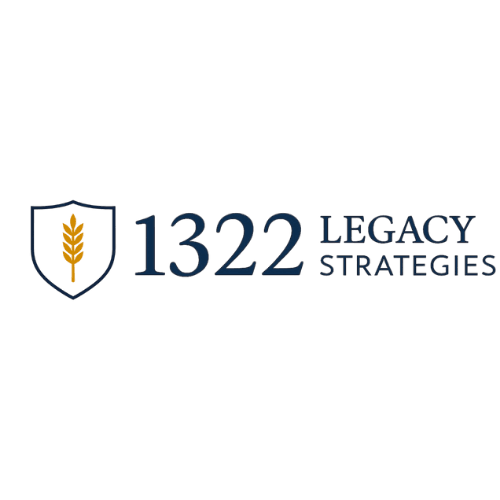Don’t Let Washington Define Your Legacy
Control Your Capital — Build Your Legacy
The Debt Storm Is No Longer on the Horizon
- U.S. debt has exploded to $36 trillion as of May 2025, climbing roughly $1 trillion every 100 days Time
- Interest payments already exceed defense spending and will breach $1 trillion a year by 2026 Council on Foreign RelationsCRFB
Translation: Washington needs revenue, and your tax-deferred retirement accounts are low-hanging fruit.
Why Traditional Retirement Accounts Are “Tax Bombs”
Capitalization vs. Investment: The Infinite Banking Mindset
- Classification first. Investments can lose value and restrict access; capitalized assets grow predictably and remain liquid.
- Own the banking function. A properly structured, dividend-paying whole life policy lets you be the banker—earning uninterrupted compounding while you borrow against cash value.
- Convert, Don’t Withdraw. Treat the policy as a “private Roth”—fund it with strategic Roth conversions from tax-deferred accounts, locking in today’s relatively low tax brackets.
Case Study: The Johnsons (Age 60 & 58)
- Problem: $700k in a 401(k) facing unknown future tax rates.
- Action: Five-year level Roth-to-Whole-Life conversion; each year they shift ~20% of their 401(k) balance.
- Result:
Frequently Asked Questions
Isn’t whole life expensive?
Up-front premiums are higher than term insurance, but most of that premium builds cash value you control. Viewed as an asset class, properly structured whole life is often cheaper than mutual-fund fees plus future taxes.
How is a life-insurance Roth conversion different from a traditional Roth?
A policy can accept far larger contributions than IRS Roth limits, grows tax-free, and provides a leveraged death benefit—effectively a “super-Roth” with estate-planning advantages.
What if tax laws change again?
Whole life’s tax treatment is rooted in IRC § 7702, untouched since 1984. Congress would have to rewrite the definition of life insurance for changes to apply retroactively—a historically unlikely move.
5-Step Legacy Action Plan
- Run a Personal “Tax-Stress Test.” Project your future RMDs and heirs’ bracket under several tax-rate scenarios.
- Determine Optimal Conversion Bands. Convert just enough each year to stay below your chosen marginal bracket.
- Design a High-Cash-Value Policy. Base premiums + Paid-Up Additions (PUAs) to maximize growth and minimize costs.
- Automate Premium Funding. Use converted dollars or existing after-tax funds.
- Leverage & Repeat. Borrow against cash value for investments, real estate, or to pay future premiums—keeping money in motion while compounding continues.
Ready to Future-Proof Your Legacy?
📥 Download our free “Legacy Tax-Stress Test” worksheet or
📅 Schedule a 20-minute strategy call with a 1322 Legacy Strategies advisor.
“A good man leaves an inheritance to his children’s children.” — Proverbs 13:22


